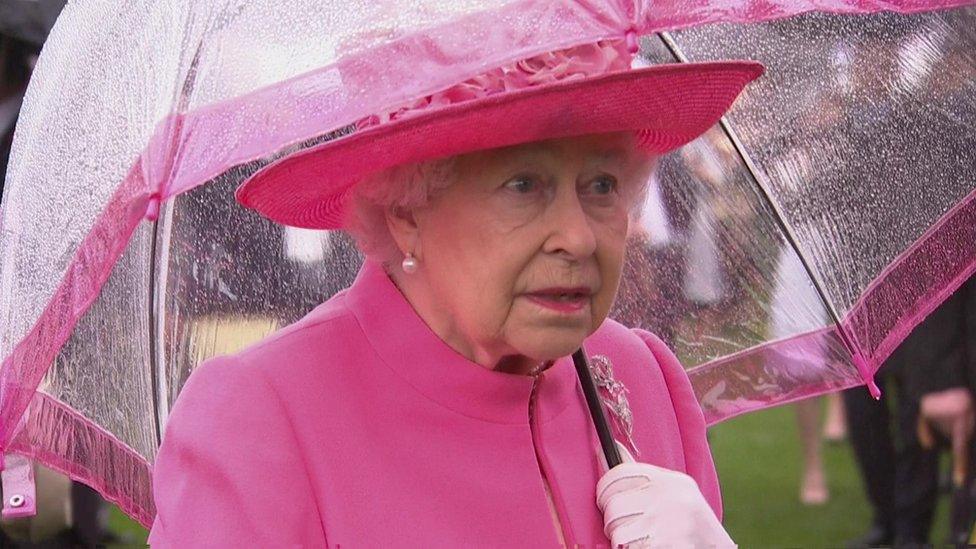Sun's Queen Brexit headline ruled 'misleading'
- Published
Editor of the Sun, Tony Gallagher, reacts to an Ipso ruling against the paper's "Queen Backs Brexit" headline
The Sun breached press regulations with its front page headline suggesting the Queen was in favour of the UK leaving the EU, the press watchdog has ruled.
The headline, "Queen backs Brexit", published on March, was "significantly misleading", the Independent Press Standards Organisation (Ipso) said, external.
Buckingham Palace complained, insisting the Queen was "politically neutral".
Editor Tony Gallagher said he did not accept an error had been made but had published the judgement as required.
He told BBC Radio 4's Today programme: "We made a judgement that the headline was right and that it was backed up by the story.
"We are members of Ipso and we respect the Ipso code and that's why we publish their judgement in full. You're asking me if I accept we made a mistake - in all conscience I don't."
Ipso said the newspaper was ordered to publish the decision "as a remedy".
It appears at the bottom of page two of the paper - although there is also a headline on the Sun's front page referring to it.
The paper also leads its editorial column, external with its own verdict on the decision, saying that it respects Ipso and understands the Queen's complaint - but that it stands by all details in its story.
It points out Ipso ruled that only the headline had breached its code and tells readers: "Tabloid newspapers like the Sun have long made eye-catching assertions in headlines alongside a smaller headline to qualify or attribute them. It is a standard device."

The original "Queen backs Brexit" headline appeared below a smaller headline, saying "Exclusive: bombshell claim over Europe vote". There was also a a picture of the Queen in ceremonial dress above the quote "EU going in wrong direction, she says".
In the article The Sun reported that two unnamed sources had claimed the Queen made critical comments about the EU at two private functions.
One of the sources said they had witnessed a "bust-up" between the Queen and pro-EU former Deputy Prime Minister Nick Clegg in 2011 which it said left "no room for doubt about her passionate feelings over Europe".

Analysis
By David Sillito, the BBC's media correspondent
This is all about three words: Queen Backs Brexit.
Anyone who was looking on 9 March at the Sun newspaper would have thought to themselves that looks like a statement of fact.
However, The Sun says the crucial thing are the words at the top: Bombshell Claim Over Europe Vote.
They argued that this wasn't a statement of fact - it was a statement that they believed that she thinks that she backs Brexit.
So it was all based on the fact that they say they have two sources from two meetings with the Queen and comments that she is alleged to have said suggesting she had expressed Eurosceptic views.
Now these were meetings several years ago, long before any talk of the referendum. So Ipso, looking at this, said there was no justification in the story to back that bold headline: Queen backs Brexit.
But Tony Gallagher, the editor of The Sun, made a spirited defence this morning saying that if he had the same information from the same sources, he would do exactly the same headline tomorrow.

But Buckingham Palace said the headline meant the Queen was a supporter of the Leave campaign in the 23 June referendum - which it said was "misleading, distorted, and unsupported by the text".
Mr Clegg called the story "nonsense" but the Sun said it stood by its story and would defend itself "vigorously".
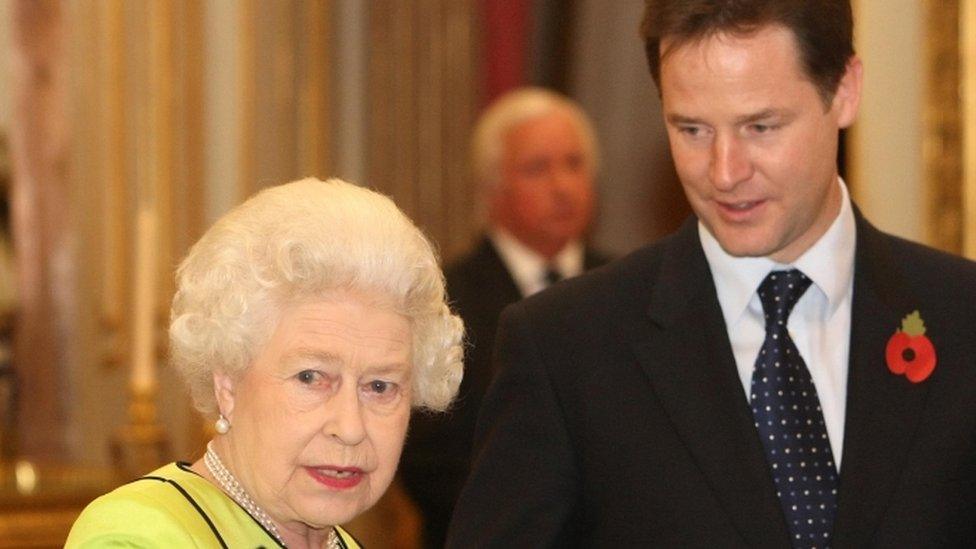
Nick Clegg called the Sun's story "nonsense"
Mr Gallagher said: "I don't think were I doing this again tomorrow I would act in any way differently whatsoever, given what I know about the detail of the sourcing and given what I know about the detail of the conversation.
"Frankly we would be better packing up and going home as journalists if we didn't actually put these things in the public domain."
'Unsupported headline'
Reporting its decision, Ipso said the article itself did not breach the Editor's Code of Practice, but "the headline went much further than a claim about what the Queen might think".
"It was a factual assertion that the Queen had expressed a position in the referendum debate, and there was nothing in the headline, or the manner in which it was presented on the newspaper's front page, to suggest that this was conjecture, hyperbole, or was not to be read literally," it said.
Ipso added that "it did not follow from the comments the article reported that the Queen wanted the UK to leave the EU as a result of the referendum: that suggestion was conjecture" and was "significantly misleading - given that it suggested a fundamental breach of the Queen's constitutional obligations".
The complaint was upheld under clause one of the code of practice which refers to accuracy.

What is the Independent Press Standards Organisation?
The press industry formed its own regulator, Ipso, in the wake of the phone-hacking scandal. It replaced the discredited Press Complaints Commission in 2014.
It handles complaints from members of the public about breaches of the Editors' Code of Practice, external and conducts investigations into editorial standards and compliance.
In 2015, among the thousands of complaints it dealt with, Ipso ordered eight front page corrections.
Ipso is financed by the Regulatory Funding Committee (RFC), which is funded by member publications including The Times, The Telegraph and The Daily Mail.
The Guardian, Independent and Financial Times declined to embrace it.

The Queen has largely avoided making political statements in her 64-year reign but it is not the first time her comments on controversial areas have been reported.
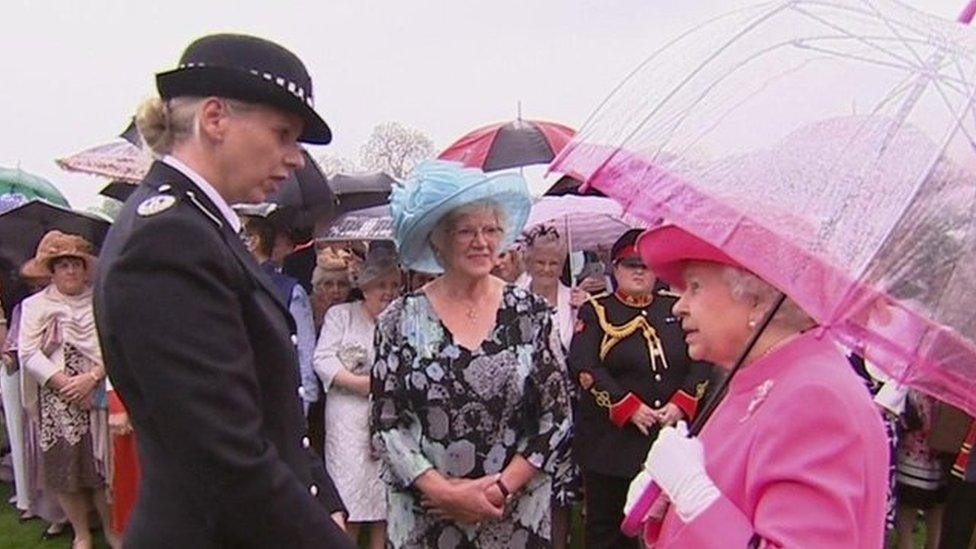
The Queen was recently caught on camera saying Chinese officials were 'very rude'
In the build-up to Scotland's 2014 referendum on independence, Buckingham Palace denied suggestions that the Queen would wish to influence the result, following reports that she was concerned.
And earlier this month she was filmed saying Chinese officials were "very rude" during last year's state visit by President Xi Jinping.
- Published9 March 2016
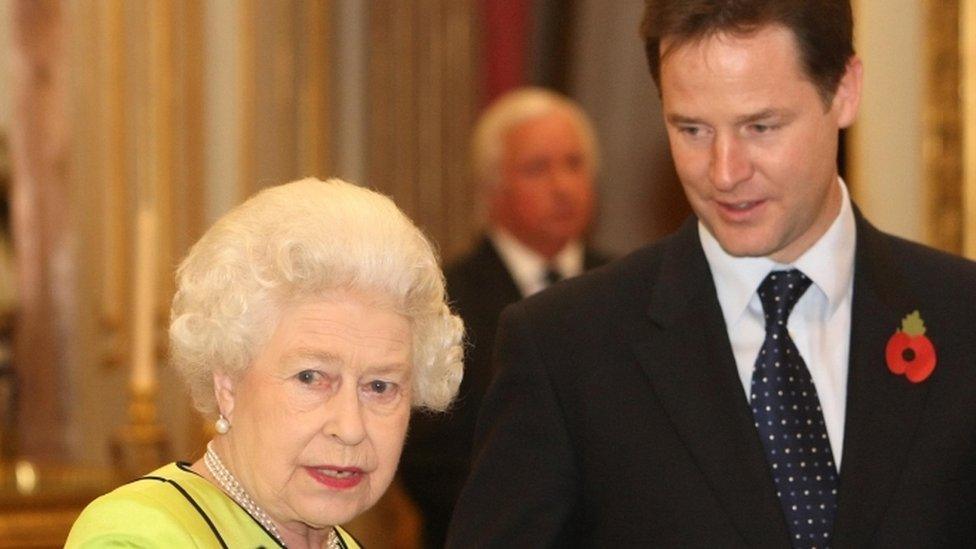
- Published9 September 2014
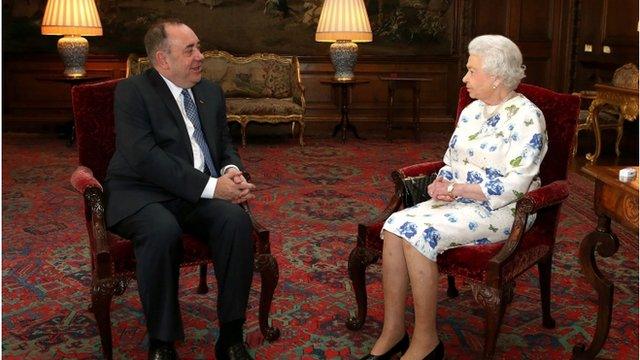
- Published9 March 2016
- Published13 April 2016
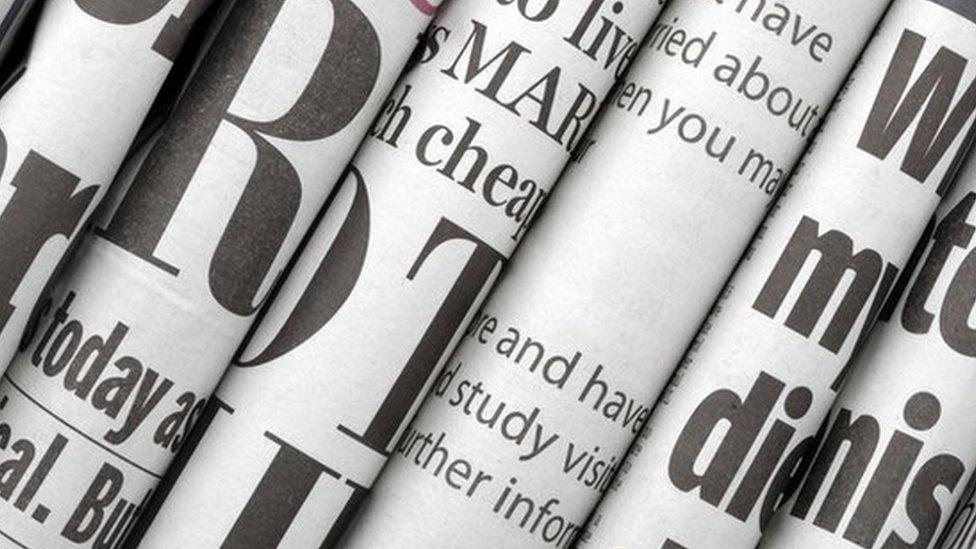
- Published9 November 2014
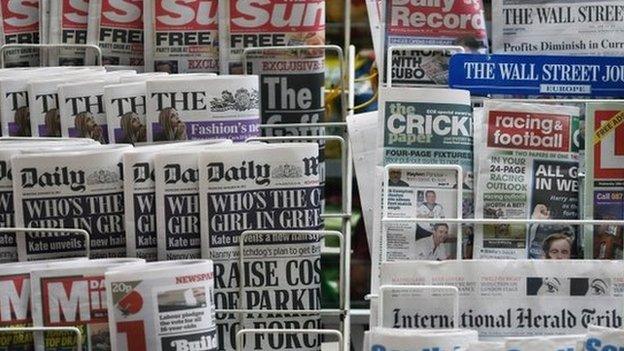
- Published6 April 2016
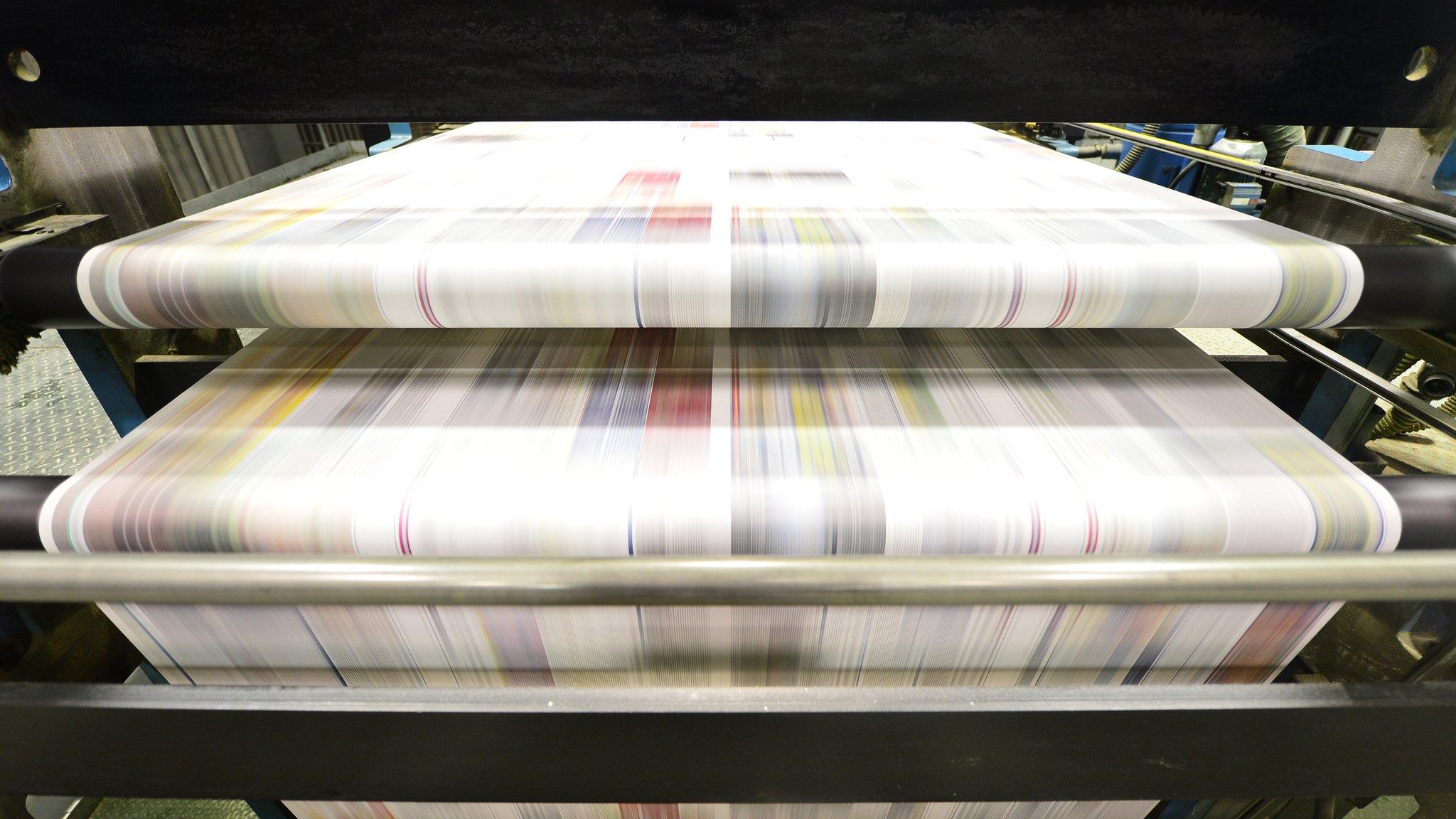
- Published11 May 2016
